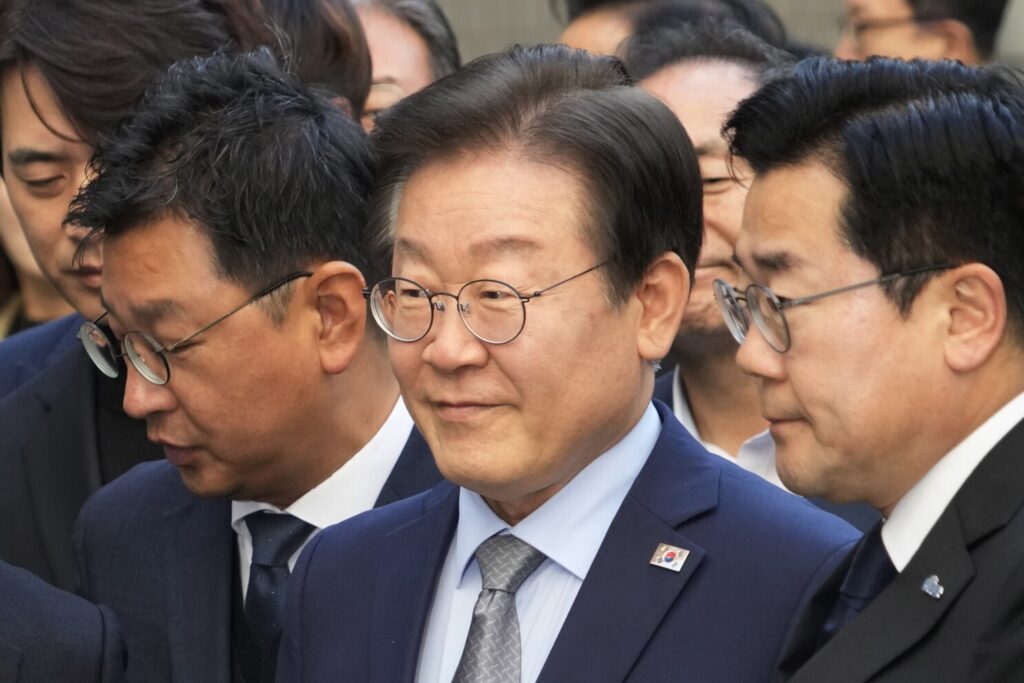South Korean President Yoon Suk Yeol’s ruling party announced Sunday it had “effectively obtained” his promise to step down, despite surviving an impeachment vote over his brief imposition of martial law that sent troops to parliament.

The People Power Party (PPP) leadership revealed the agreement came in exchange for blocking the impeachment motion Saturday night. “Through the orderly early resignation of the president, we will minimise the confusion to South Korea and its people, stably resolve the political situation and recover liberal democracy,” PPP leader Han Dong-hoon declared after meeting with Prime Minister Han Duck-soo.
Massive protests continued Saturday, with police estimating 150,000 demonstrators gathered outside parliament, while organizers claimed one million attended. “Even though we didn’t get the outcome we wanted today, I am neither discouraged nor disappointed because we will get it eventually,” said protester Jo Ah-gyeong, 30.
Police investigations into alleged insurrection intensified with Sunday’s arrest of former Defense Minister Kim Yong-hyun, who resigned Wednesday. Documents revealed security forces had prepared to “drag out” lawmakers, with a purported arrest list targeting opposition leader Lee Jae-myung and other prominent figures.
The crisis erupted Tuesday when Yoon imposed martial law, claiming to protect South Korea from “North Korea’s communist forces.” Military helicopters landed on parliament’s roof as 300 soldiers attempted to seize the building, but were repelled by staff using furniture and fire extinguishers.
“This is a country we’ve spent our entire lives building,” said Shin Jae-hyung, 66, a democracy activist who endured torture in the 1970s and 80s, highlighting the echoes of South Korea’s authoritarian past.



